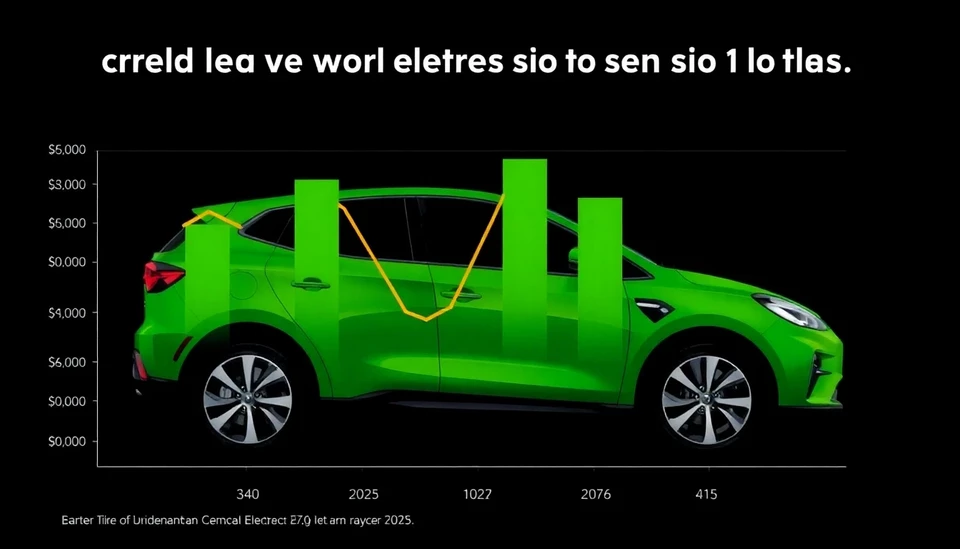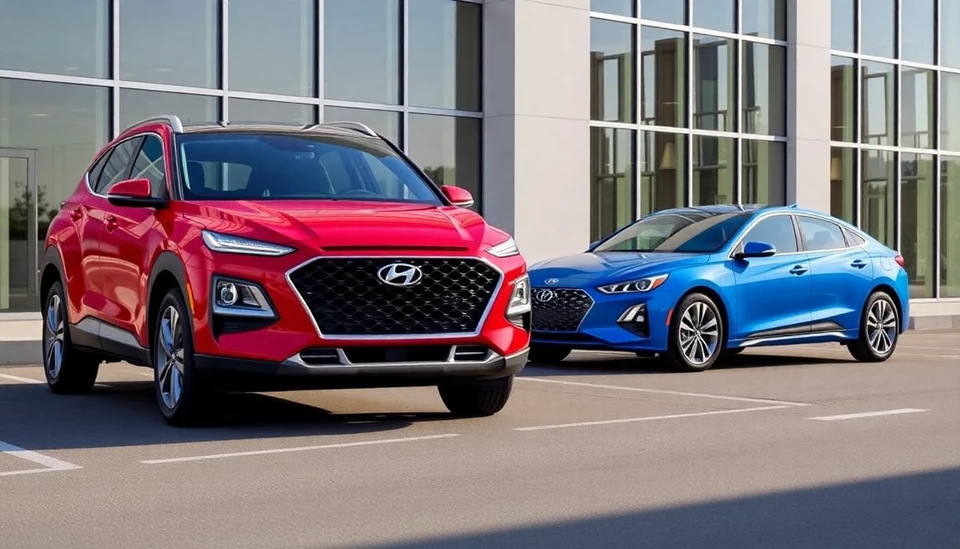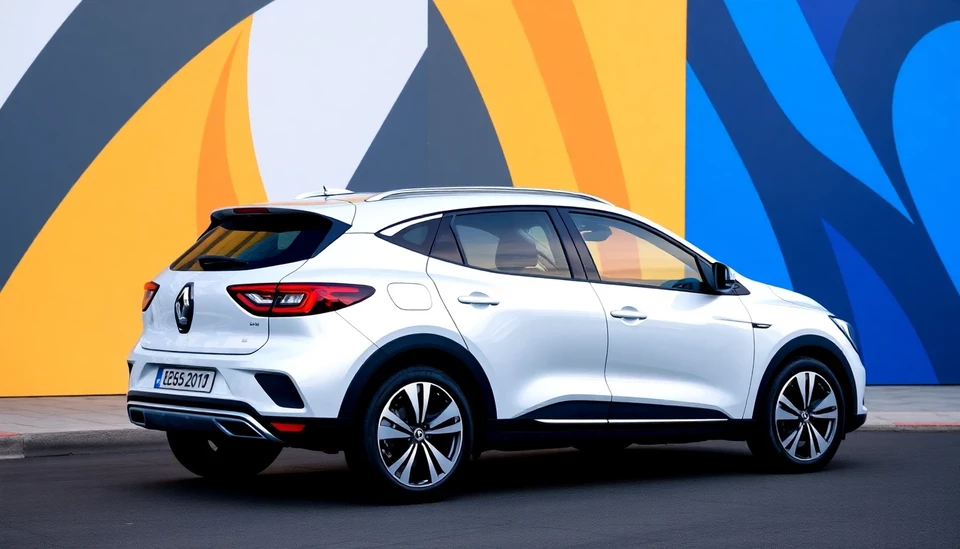
The electric vehicle (EV) market in Europe is experiencing a significant uptick, primarily driven by corporate purchases. As businesses increasingly recognize the value of environmentally friendly transportation, the demand for electric cars has surged, leading to a transformation in the automotive landscape. Industry leaders suggest that this shift could reshape the future of mobility across the continent.
Recent data indicates that electric car sales in European markets have seen a notable increase due to the influx of company car registrations. This trend reflects changing company policies that favor sustainable practices, not only as an ethical consideration but also as a strategic business move. For many companies, transitioning to electric vehicles offers financial advantages, including tax incentives and reduced fuel costs, ultimately enhancing their brand's image in an increasingly eco-conscious society.
One of the most compelling factors driving this change is the European Union's regulatory framework, which imposes stricter emissions targets on manufacturers. As a result, automakers are actively pushing their EV models into the corporate sector to meet these regulations. A combination of substantial government incentives and rising concerns about climate change has created a fertile ground for electric vehicle adoption among businesses.
A recent analysis reveals that nearly half of all electric vehicles sold in Europe during 2025 were acquired through company registrations, a stark contrast to previous years when individual buyers dominated the market. Industries known for large vehicle fleets, such as logistics and transportation, are leading this initiative by investing in electric models to cut operational costs and align with sustainability goals.
Furthermore, as the EV charging infrastructure continues to improve across Europe, worries about range anxiety are diminishing. Businesses are now more inclined to consider EVs for their fleets, knowing that employees will have access to adequate charging facilities during working hours and at various locations throughout their commute.
However, this shift in corporate buying behavior is not without its challenges. While the benefits are apparent, businesses must navigate the high initial purchase costs associated with electric vehicles. Although market prices are gradually dropping as technology advances, companies are still faced with the hurdle of making the upfront investment. In response, many corporations are embracing leasing arrangements for EVs, allowing them to spread costs over time and minimizing financial risk.
Analysts predict that this renewed interest in electric company cars will set the stage for further innovations within the auto industry. With major manufacturers ramping up production of electric models to cater to business clients, consumers are likely to benefit from an expanded range of available EV options in the coming years. Additionally, as more companies pivot to electric vehicles, the pressure on automakers to enhance the technology, expand battery life, and improve charging speeds will intensify, leading to overall advancements in the sector.
In conclusion, the surge in electric vehicle sales across Europe, primarily driven by corporate demand, symbolizes a pivotal change in the automotive landscape. With supportive regulations, technological advancements, and changing corporate attitudes, the electric vehicle sector is poised for substantial growth in the coming years. As this trend continues, it will not only benefit businesses in terms of sustainability and cost-effectiveness but also contribute significantly to the reduction of carbon emissions across Europe.
#ElectricVehicles #CorporateFleets #Sustainability #EVadoption #Europe #GreenTechnology
Author: Sophie Bennett




